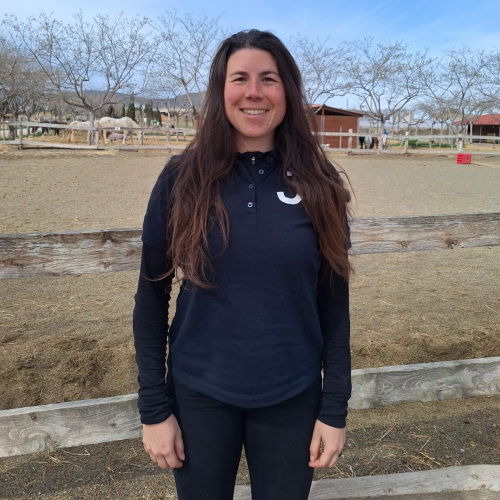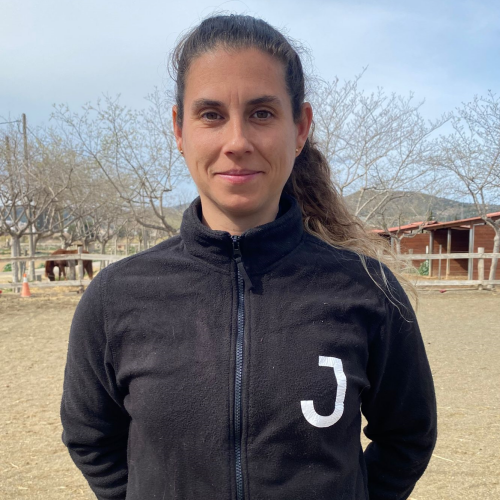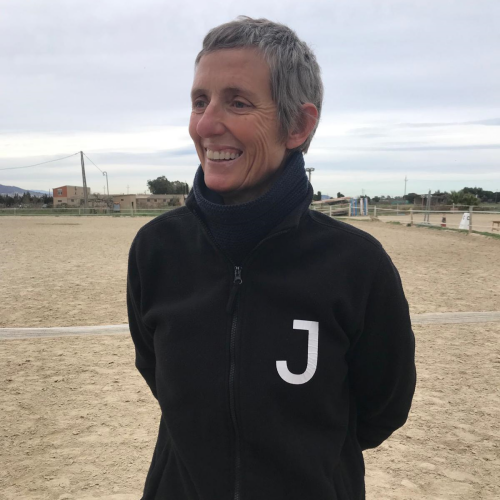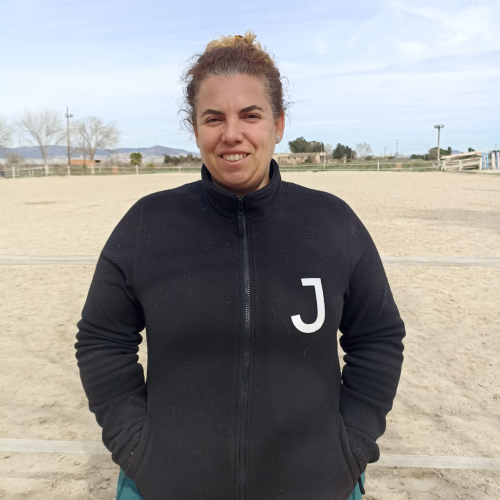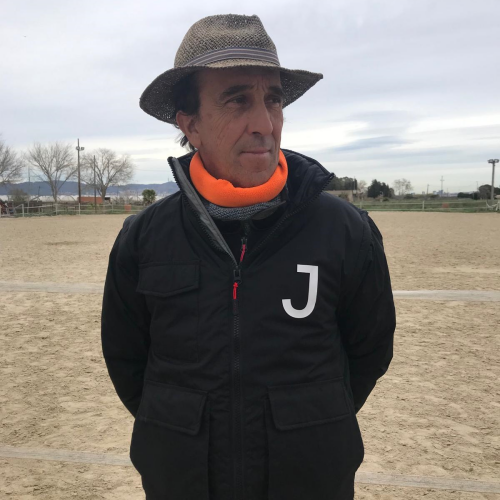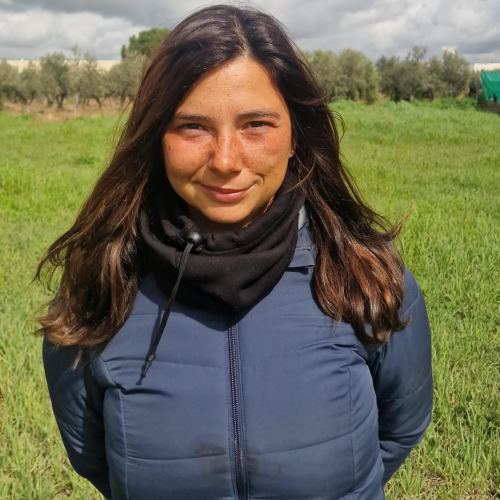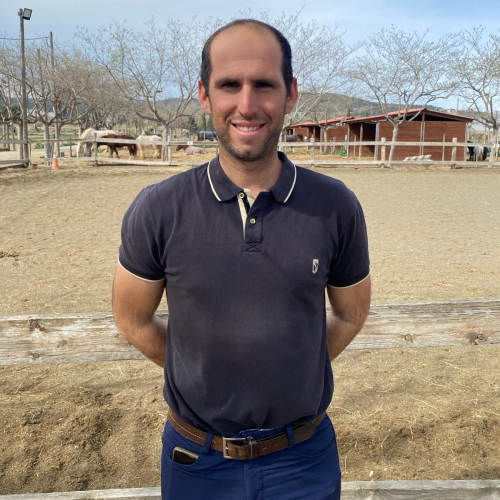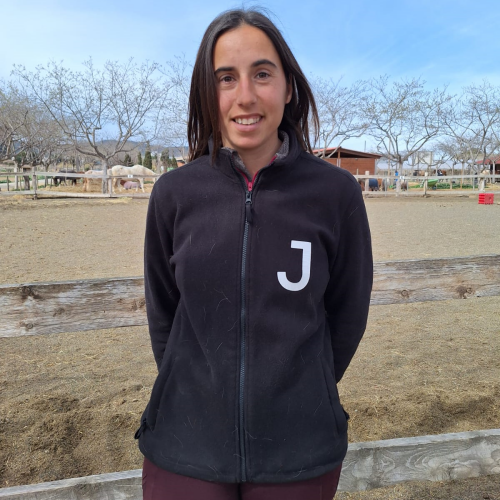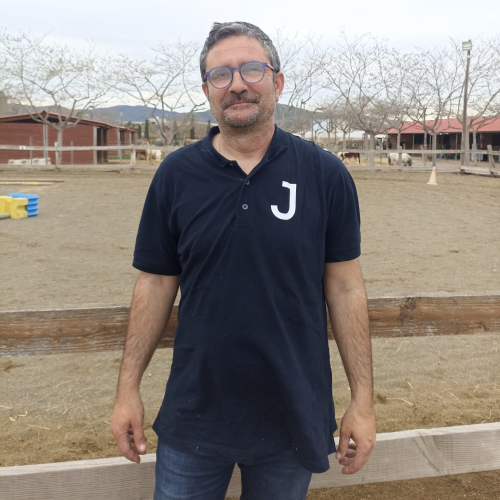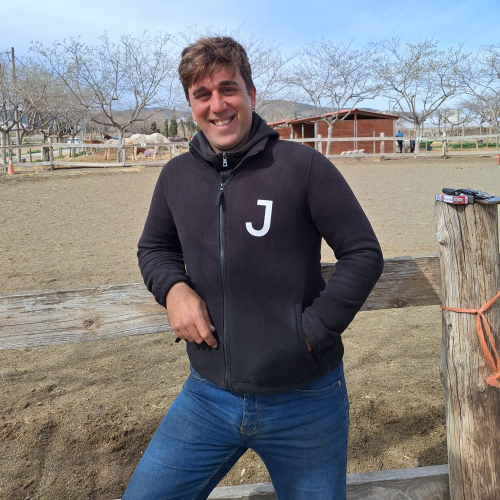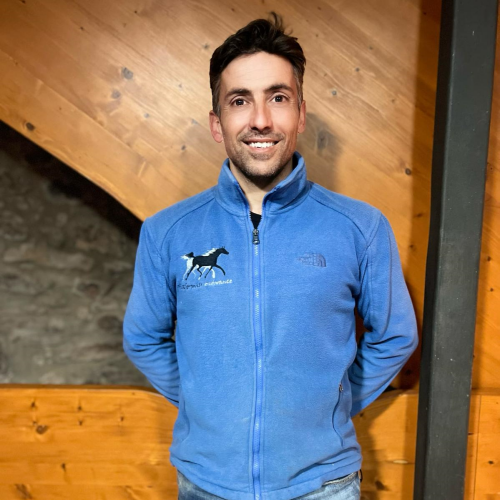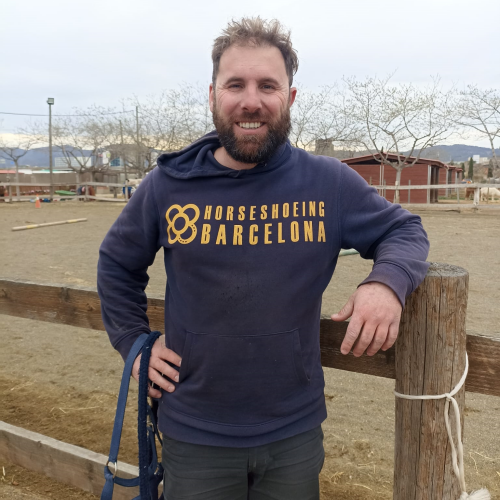| Name: | Equestrian Studies |
|---|---|
| Level: | Higher Vocational Training |
| Duration of the training cycle: | 950 hours |
The Higher Vocational Training Cycle in Equestrian Studies at JOVIAT is a program that trains students to plan, lead, and coordinate equestrian sports training and athlete teams in mid- and high-level competitions; coordinate human and material resources in equestrian activities; and manage riding schools.
Curriculum
Project work
Design of a High Performance Training Program for Riders and Horses
Students could develop a complete training plan that includes physical, technical, and psychological preparation, for both riders and horses, focused on improving performance in equestrian competitions.
Organization of an Equestrian Competition
This project could involve the planning, organization, and execution of an equestrian competition , including logistical management, communication, and marketing of the event, as well as the supervision of safety and animal welfare.
Development of a Management Plan for an Equestrian Center
Students could create a business and management plan for an equestrian center , addressing aspects such as daily operations, financial management, marketing and promotion, and strategies for retaining and attracting customers.


